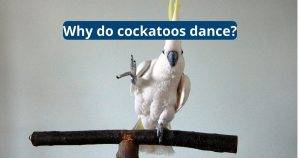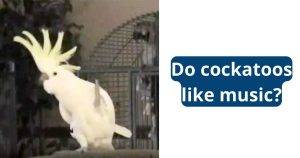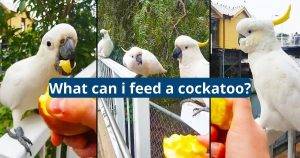How Long Do Macaws Live in Captivity?
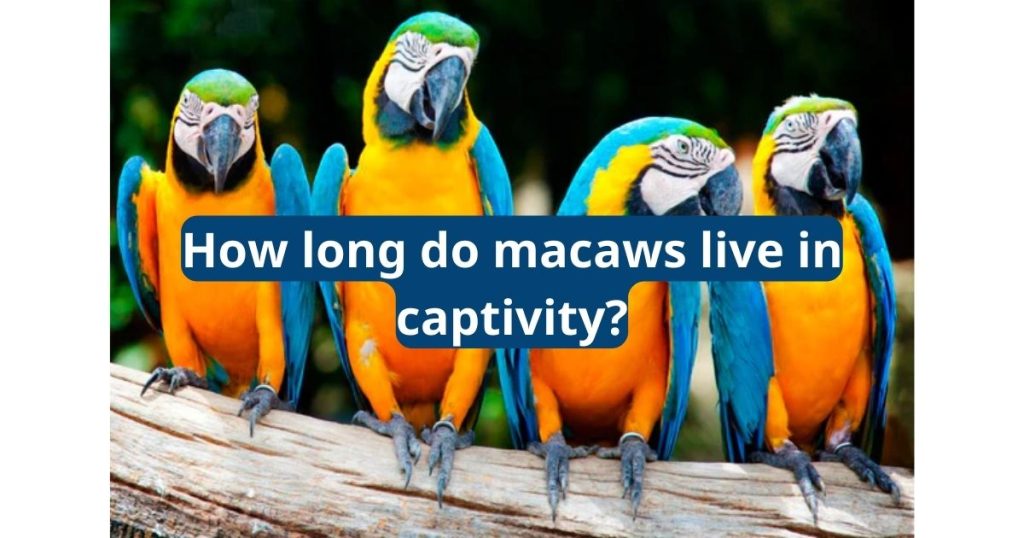
Macaws are long-lived parrots that can reach 60 years of age in captivity. In the wild, they live to be about 30 years old. As a pet, they are known to bond with their owners and stay together for the rest of their lives. This longevity can be influenced by several factors.
Lifespan
As large pets, macaws typically have long lifespans. However, this also means that they can suffer from long-term health problems if not cared for properly. In addition to keeping your bird’s cage clean, providing plenty of toys, and visiting your veterinarian regularly, you can also help prolong their life by knowing what symptoms to look out for.
While it’s impossible to know the average lifespan of a macaw in the wild, it’s safe to assume that they can live 30-50 years when cared for properly in captivity. This is because they don’t have to worry about predators, deforestation, or other natural environmental threats.
When a macaw is born, they start off their lives inside of an egg, which hatches after a period of 24 to 28 days. The baby birds are then known as neonates, and they’re completely blind and featherless until their eyes open. During this time, they’re reliant on their parents or human caregivers.
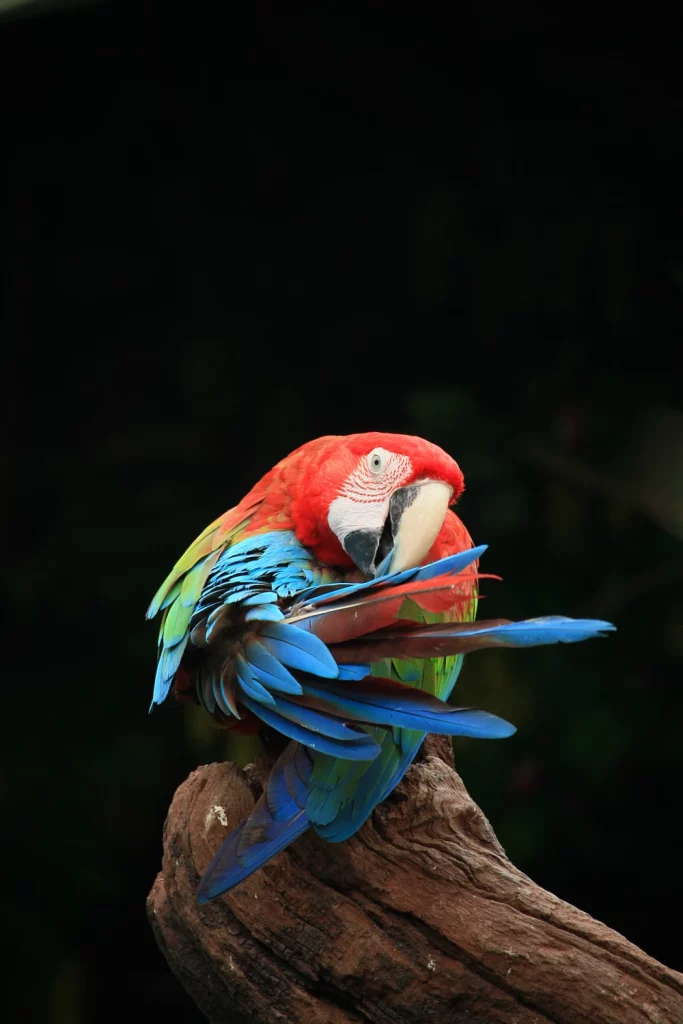
Breeding
For macaws to breed they must be mature, healthy and bonded. They should also be in a spacious cage that is clean and well-lit. Young chicks should be fed a mixture of regurgitated foods and orphaned chicks should be given a special formula. Macaws often breed in the spring and summer, although some pairs will breed year round.
In captivity, these birds can live up to 60 years or more. They are endangered in the wild, though, and most don’t live past 10.
Captive macaws can enjoy a long lifespan as pets as they have a home that offers treatment, care and an accessible diet that they may not find in the wild. They should be provided with toys and branches from non-toxic trees, plenty of exercise and socialization to ensure their health and wellbeing. Stress can impact the lifespan of these birds so it’s important to keep their environment as free from anxiety triggers as possible.
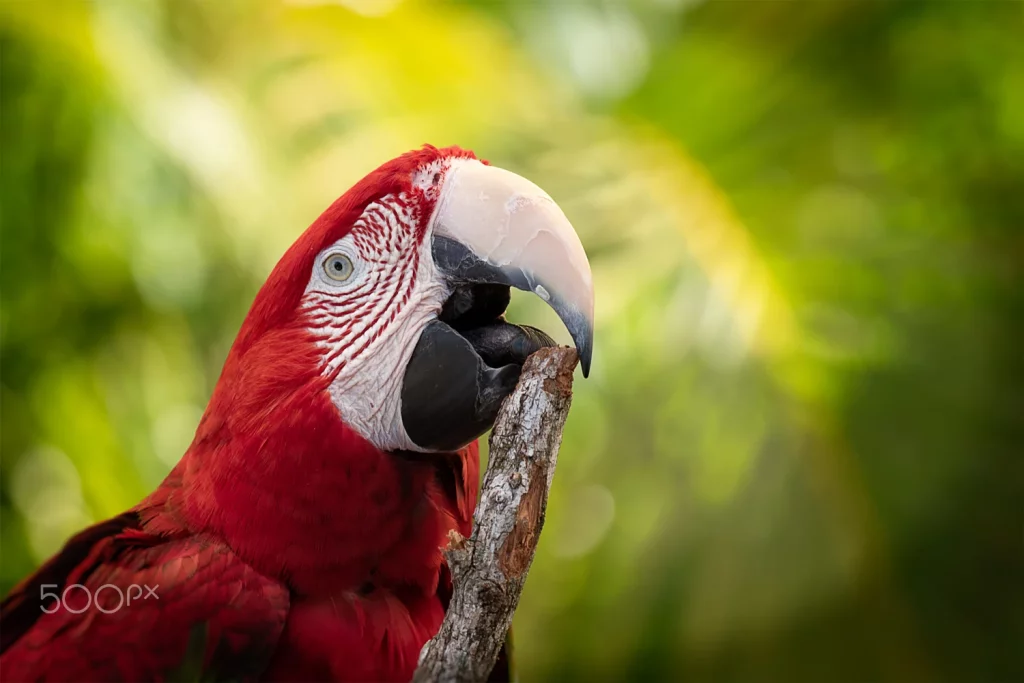
Socialization
Macaws are known for being long-lived birds, both in the wild and as domesticated pets. Some even live into their hundreds! There’s a famous blue and gold macaw named Charlie that’s said to have belonged to Winston Churchill during the war. Macaws are able to live so long because of the quality of their diets, the care they receive, and their environment.
While macaws can be noisy and destructive chewers, those that are well-trained can become quite sociable. They’re incredibly affectionate and can bond for life with the right person. They do need a lot of attention though. If they don’t get enough, it can lead to feather picking and other behavioral issues like excessive vocalization or aggression. Additionally, they need a lot of space to fly around and explore their surroundings, including daily supervised time outside their cages. These factors can make a macaw a great addition to a family, but they should be considered carefully before making the commitment.
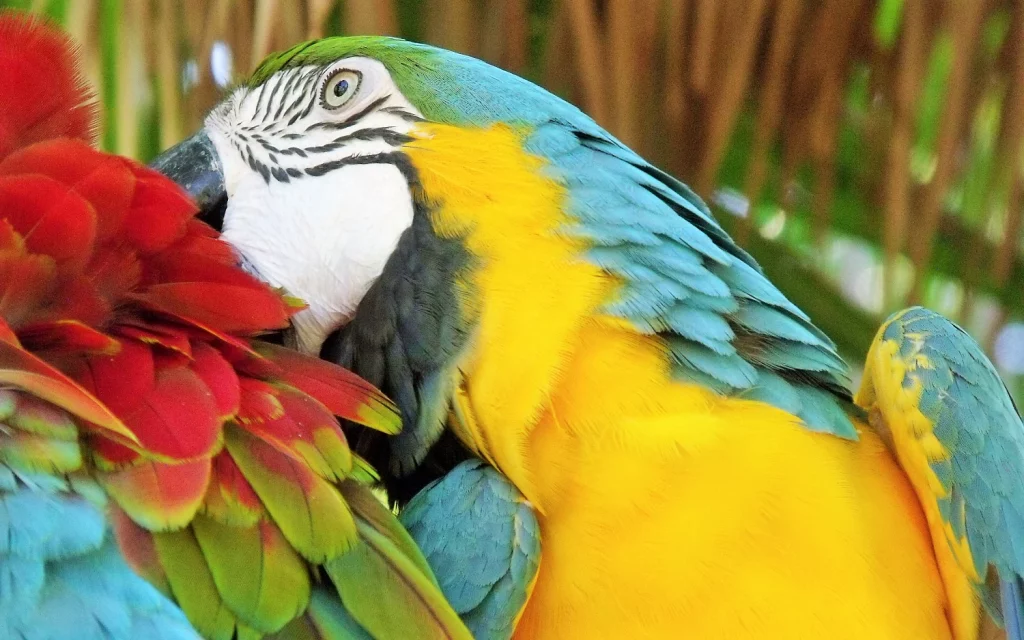
Care
Macaws in captivity need to be kept in a healthy environment. They should eat a varied diet that includes a variety of fruits and vegetables. They should also be given a good amount of seeds to help them stay strong. The home environment should be bird-proofed so that the macaw cannot reach objects that could hurt them like Teflon-coated pans, fabrics, and heavy metals that can be toxic to parrots.
Young macaws, also known as chicks, need to be fed as often as newborn babies. They can be fed regurgitated foods or a specialized macaw food formula. Once the chicks grow up, they will need to learn how to fly so that they can start foraging for their own food.
In the wild, macaws are more likely to eat fruits and seeds than they are to eat meat. If they do not have a sufficient supply of fruit or vegetables, they may munch on flowers instead.



